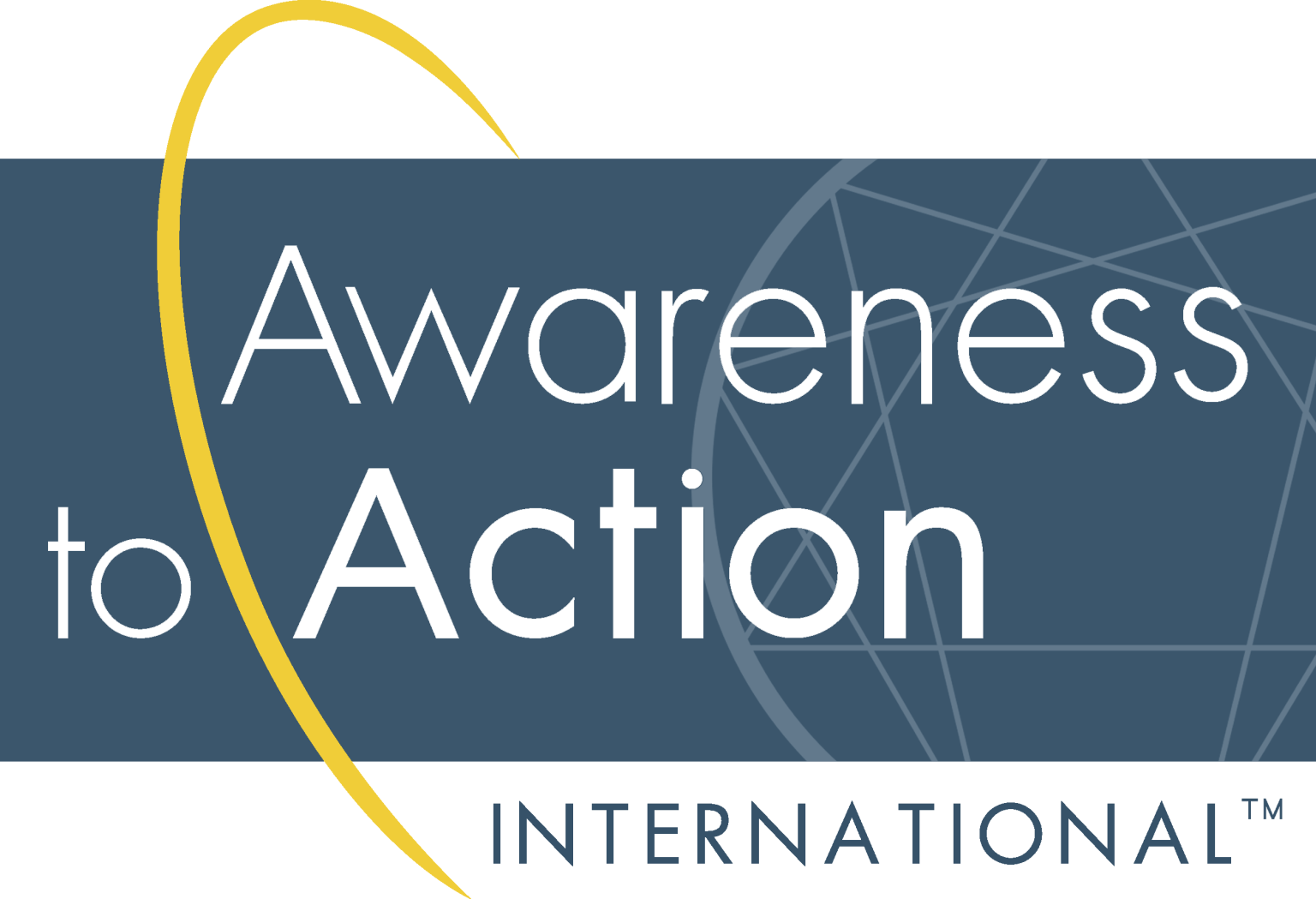It should be a simple question, but I’m usually a bit perplexed when people ask me for recommendations for business or leadership books to read.
There seems to be an endless supply of such books, with new ones being published each week. Many are good and worthwhile; and many are not.
So I’m cautious–people are busy, people’s taste in books is highly subjective, and I’m leery of wasting people’s time with poor recommendations. But I get the question a lot and I’ve been embarrassed that I didn’t have a ready answer.
So I did a little thinking and perusing of the shelves in my office and came up with a list of what I see as the top books available for leaders and those who work with them. Here, in no particular order, are my top five perennial favorites, and a few honorable mentions. Click on the titles to buy the book from Amazon; if you have any money left, click here to buy my books.
- “The Essential Drucker” by Peter F. Drucker. Actually, this book is listed first for a reason. Santayana famously said that all Western philosophy is a series of footnotes to Plato; I feel this way about Drucker. Every time I pick up something by Drucker I am simply amazed at how he got everything right, wrote almost everything that needed to be written about management, and wrote it in such clear and simple language. “The Essential Drucker” is a collection of his most, well, essential writings. If you only read one book on management, read this one. Then reread it.
- “On Leadership” by John W. Gardner. Gardner was a cabinet secretary under Lyndon Johnson, an advisor to multiple presidents and numerous CEOs, an educator, and the founder of numerous organizations. Reading this book, written late in his life and after decades of personal experience and observation of great leaders, is like listening to that wise, sophisticated mentor we all wish we had and all hope to be some day. This book has no fluff or fads, just timeless and enduring insights.
- “What Got You Here Won’t Get You There,” by Marshall Goldsmith. I remember first seeing this book on a table in a Borders book shop (RIP), stopping in my tracks and wanting to kick myself for not thinking of that title first. The title nails the single most important message I need to help my clients understand: What made you successful in the past does not guarantee your success today or in the future. Adaptability is key to success in business and if circumstances require you to change, you better change. Goldsmith’s book helps show people how to do that.
- “The Intangibles of Leadership,” by Richard A. Davis, PhD. If there was a formula for leadership success, every leader would be successful. There is no list of habits or traits that guarantee successful leadership, and every “rule” for such success comes with exceptions. But anyone who spends a lot of time observing leaders knows that there are some “intangibles” that are better to have than to not have. Davis does an excellent job of exploring and describing some of those intangibles.
- “The Wisest One in the Room” by Thomas Gilovich and Lee Ross. Leaders need to understand themselves and understand others. They need to know how the human mind works and factor human nature into their efforts to influence people and ensure that everyone has the opportunity to contribute to their highest potential. Though not a business book, Gilovich and Ross do a masterful job of describing the latest findings of social psychology and how they can be applied in real-world situations. This book will help you become wise.
Honorable Mention:
Book I Will Make My Kids Read: “What the CEO Wants You to Know” by Ram Charan. I’ll buy any book with Ram Charan’s name on it. Here, he is at his best and this thin book distills the nature of business down to its core. Charan points out that the fundamentals of business are the same from a family-owned fruit stand in Bangalore to the largest of multi-national corporations. This book will give the reader basic business acumen and is ideal for people just starting their careers, as well as being an excellent refresher for more experienced employees and managers.
Putting it in Words: “On Writing Well” by William Zinsser. I don’t care if you never write anything longer than a text message, we all need to become better writers. Good writing is good communicating, and leadership is all about communication. If I don’t understand you I don’t know where you want me to go; if you miscommunicate, I will go the wrong way. You can’t lead if you can’t communicate well. Even more important, perhaps, is that good writing—the ability to be precise and organized in how we put words together—is a sign of good thinking. Confused writing or speaking is a sign of muddled thinking. Don’t look stupid; read this book and apply its insights.
And a few more:
- “Power: Why Some People Have It—and Others Don’t” by Jeffrey Pfeffer
- “Hardball: Are You Playing to Play or Playing to Win?” by George Stalk and Rob Lachenauer
- “No One Understands You, and What to Do About It” by Heidi Grant Halvorson






